|
Getting your Trinity Audio player ready...
|
For nearly a decade, Kathie Must has served on the board at Leadership Waterloo Region but admits in recent years something seemed off.
“We went through lots of change in the last while and recognized that we weren’t talking about things at the board level,” she said. “We weren’t focused, and we were losing the distinction between governance and operations.”
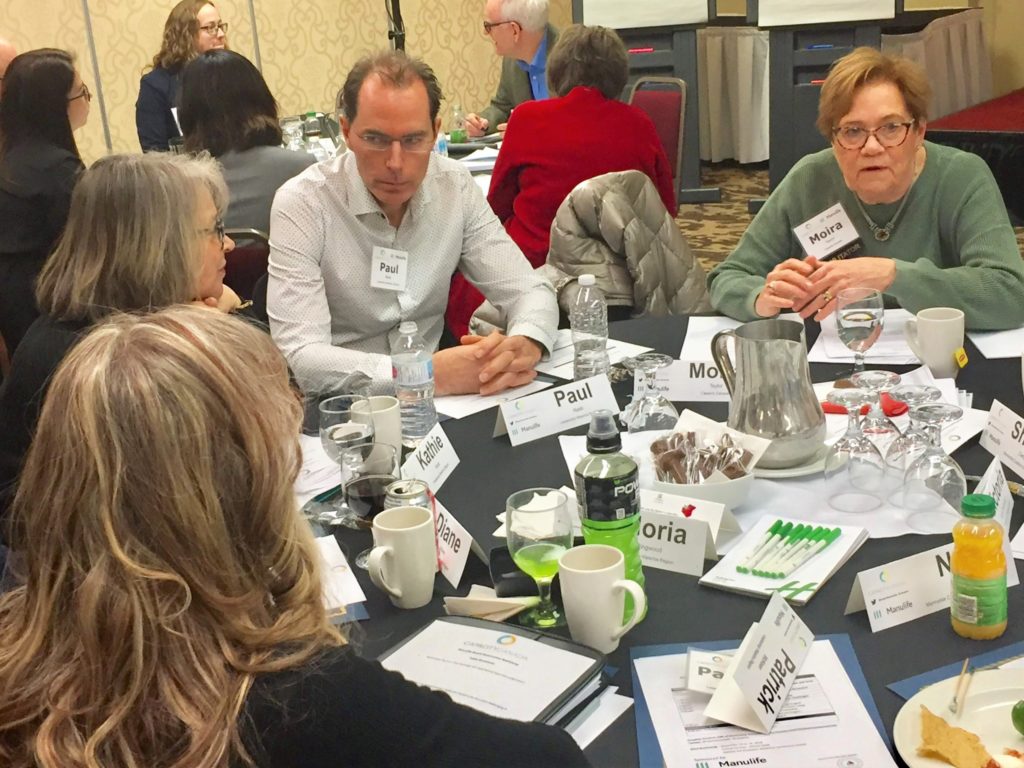
To help the social profit organization, which since 2000 has been offering a variety of programs that deliver leadership educational experiences to professionals and youth, Must and several Leadership Waterloo representatives took part in Capacity Canada’s Manulife Board Governance BootCamp last fall.
Held in November at the Holiday Inn Kitchener-Waterloo Conference Centre, BootCamp facilitators provided a comprehensive look at board governance essentials, including identifying the key roles of a board.
This was one of several points that resonated with Must and her colleagues.
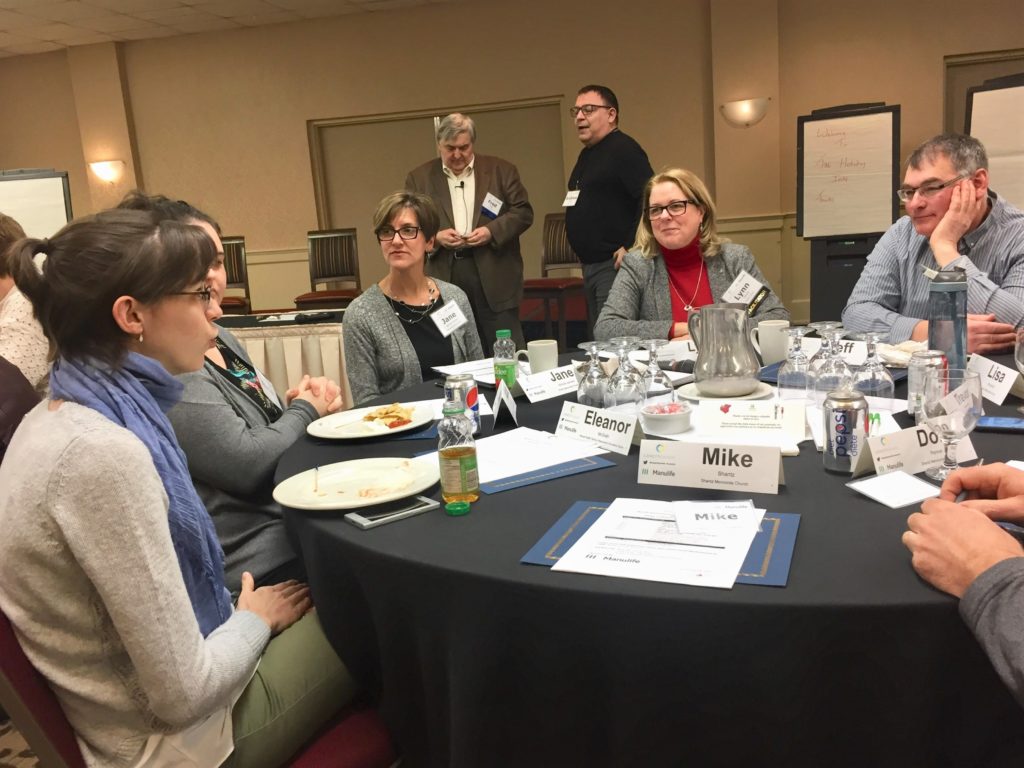
“We recognized we weren’t doing our jobs as well as we could have been,” she said, after taking part in a one-day BootCamp follow-up event held at the hotel in early March. The event allowed representatives from approximately 25 of the non-profit organizations that took part in the November BootCamp the opportunity to complete work assignments their group had received during their training.
It was the first time Must had attended the BootCamp and says it’s an experience she hopes more of her board members will participate in.
“It was really a good process,” she said. “The design of BootCamp is so great because you’re engaged with some really outstanding speakers.”
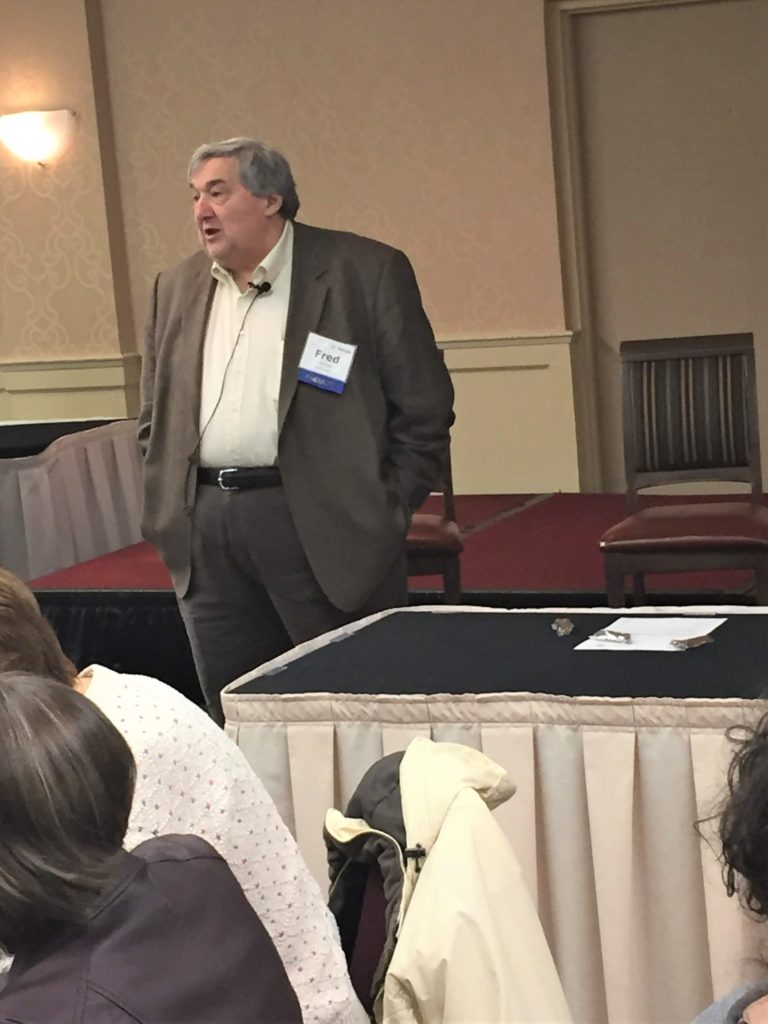
Among them was Fred Galloway, a long-time Capacity Canada facilitator, who led a BootCamp session on risk management and transparency and was on hand at the follow-up day to guide participants through a series of discussion questions.
“Governance is a growing entity of accountability and responsibility,” he told participants at the follow-up day. “One of the biggest jobs as a board is to ask tough questions.”
Galloway spoke about instilling the need for critical thinking at the board level, which is something that hit home for Stephen Jackson, CEO of Anishnabeg Outreach Employment and Training Inc.
Jackson said his non-profit organization, which provides Aboriginal people access to services and strives to support individuals to overcome barriers, was on the verge of bankruptcy when he took on his position last year.
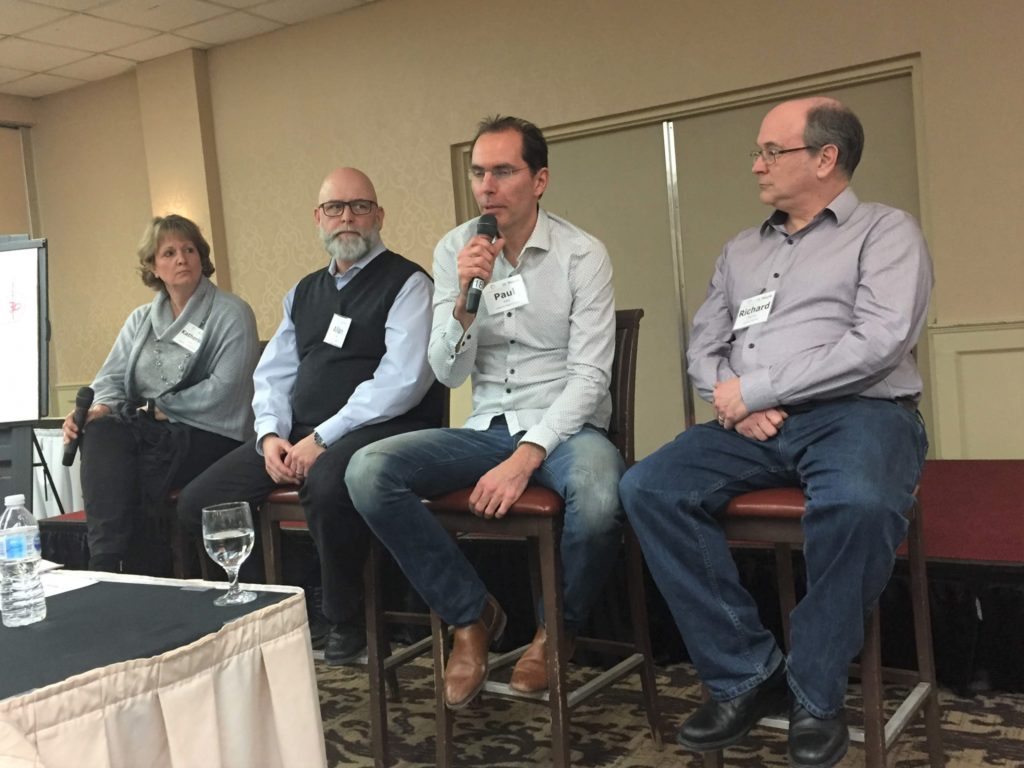
“We basically saw the total loss of our funding,” he said, noting at the time the organization was only delivering one service. “We basically had a volunteer board made up of community members with no expertise.”
That has since changed, and the organization has not only maintained its funding but Jackson said it has experienced 400% growth.
“I’m sure we’re going to grow by another 400% this coming year,” he said, explaining why he and several members of his organization took part in the BootCamp.
“We thought we should provide our board members with some professional knowledge because some of them didn’t understand board governance,” said Jackson, adding the dynamics of the board now changed and a new committee structure has evolved.
“We’ve had to change our governance in order to keep pace with our growth,” he said. “We went from a board that met once a month to a board with a number of committees.”
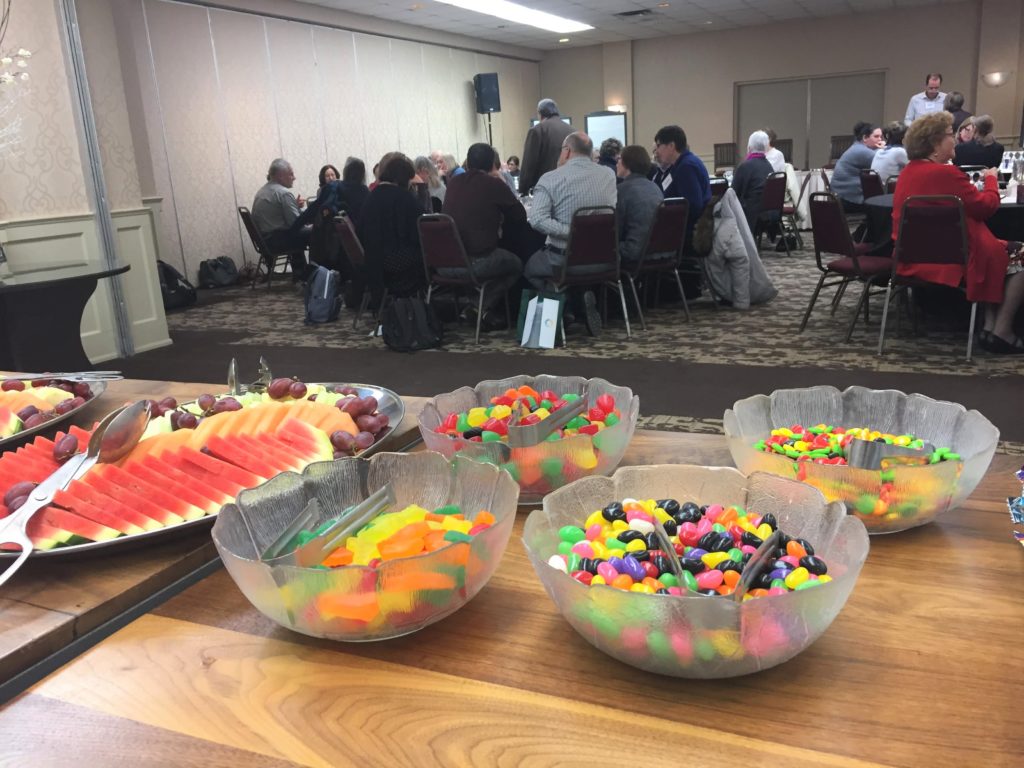
As well, Jackson said his organization has changed its bylaws and is making plans to revamp its policies and procedures.
“Basically, we’ve been professionalizing the organization,” he said. “Capacity Canada offered us the impetus to make change happen.”
Change, said Galloway, is always difficult for most organizations.
“Ten percent of people (in the organization) embrace change, sixty percent are not against it but may not be comfortable with it, and thirty percent are against it,” he said. “We have to stop worrying about the thirty percent and motivate half of the sixty percent to move forward.”

